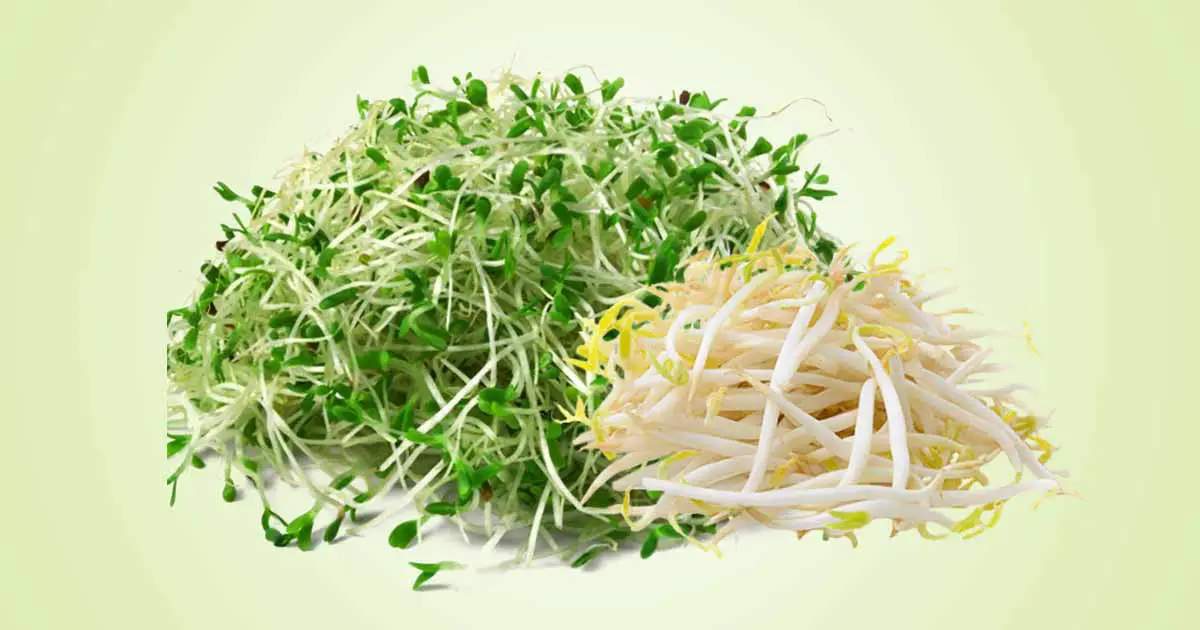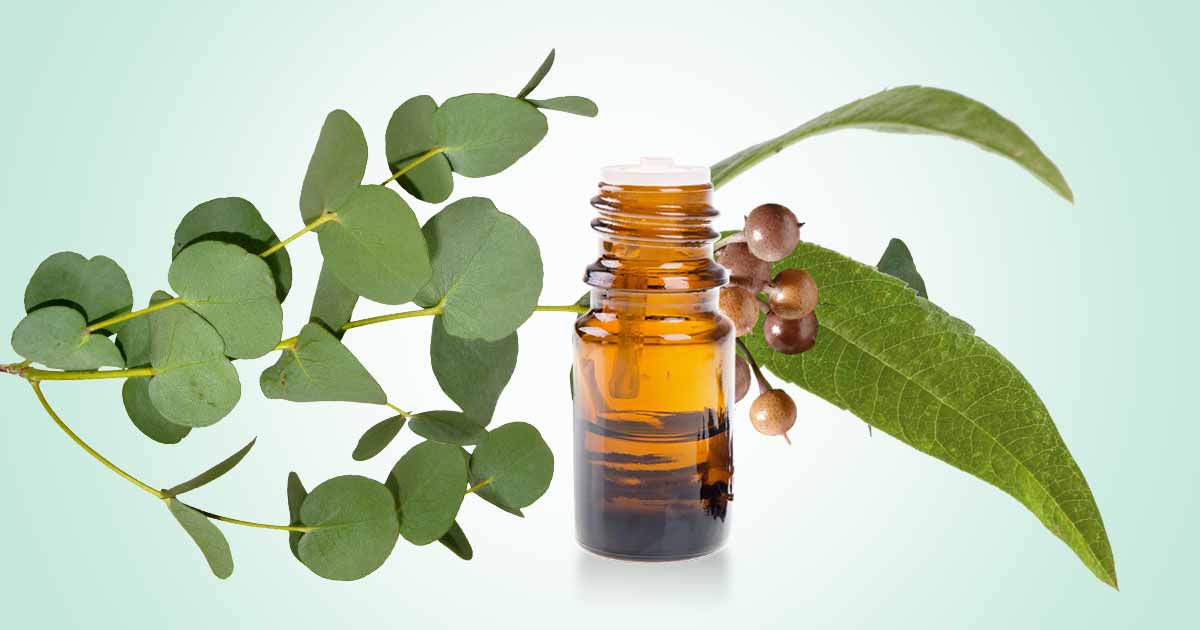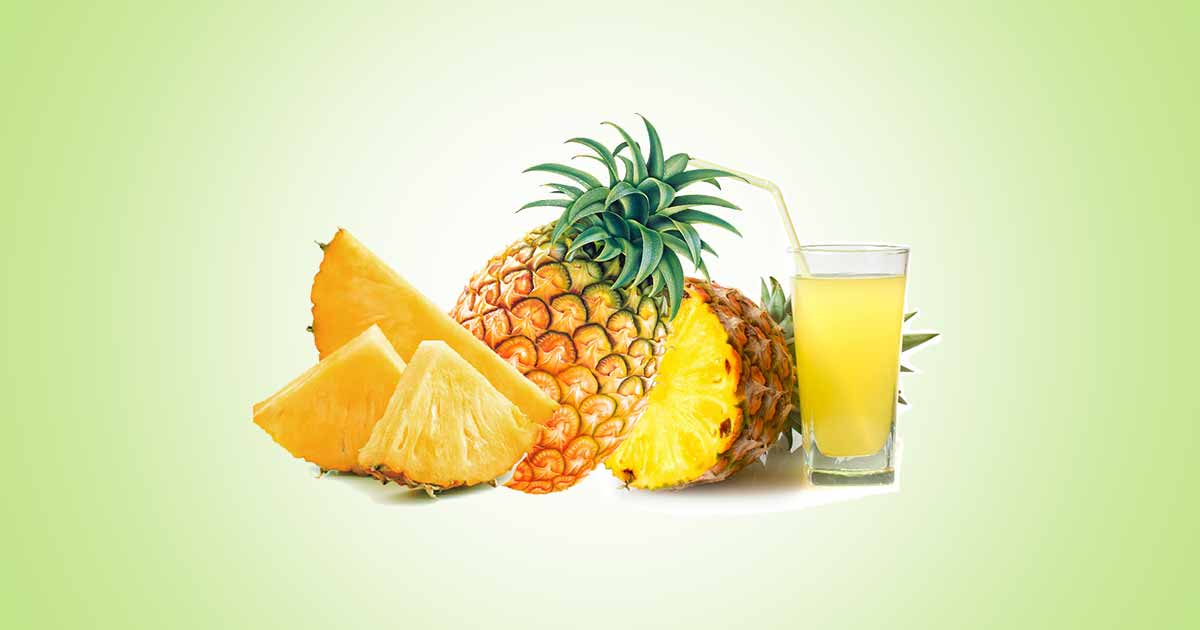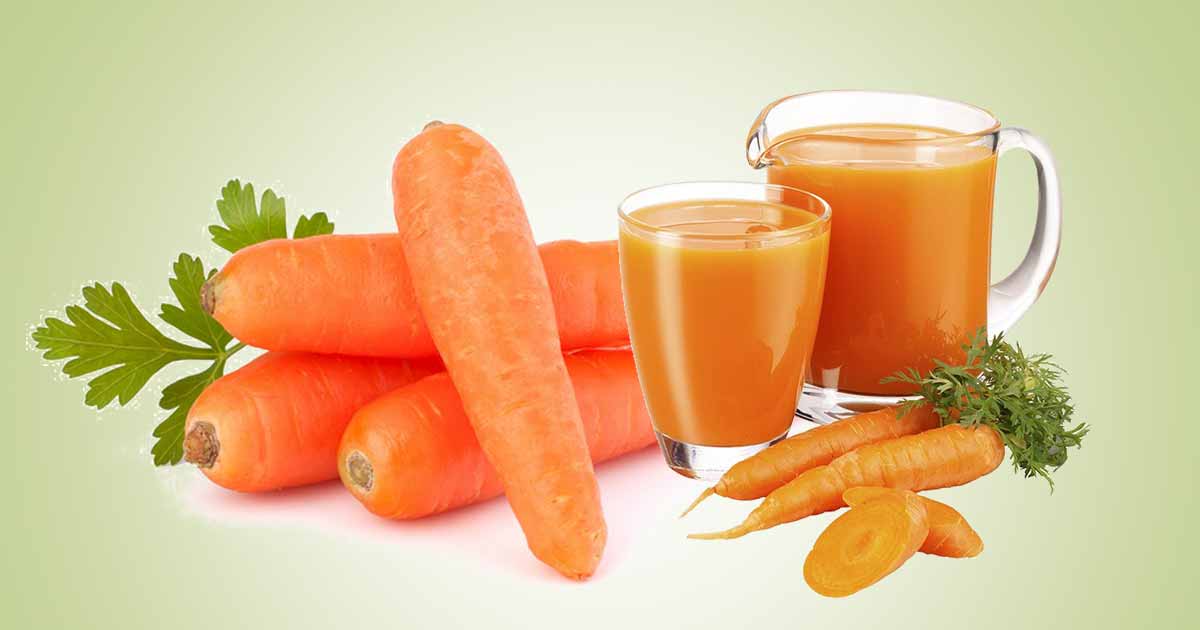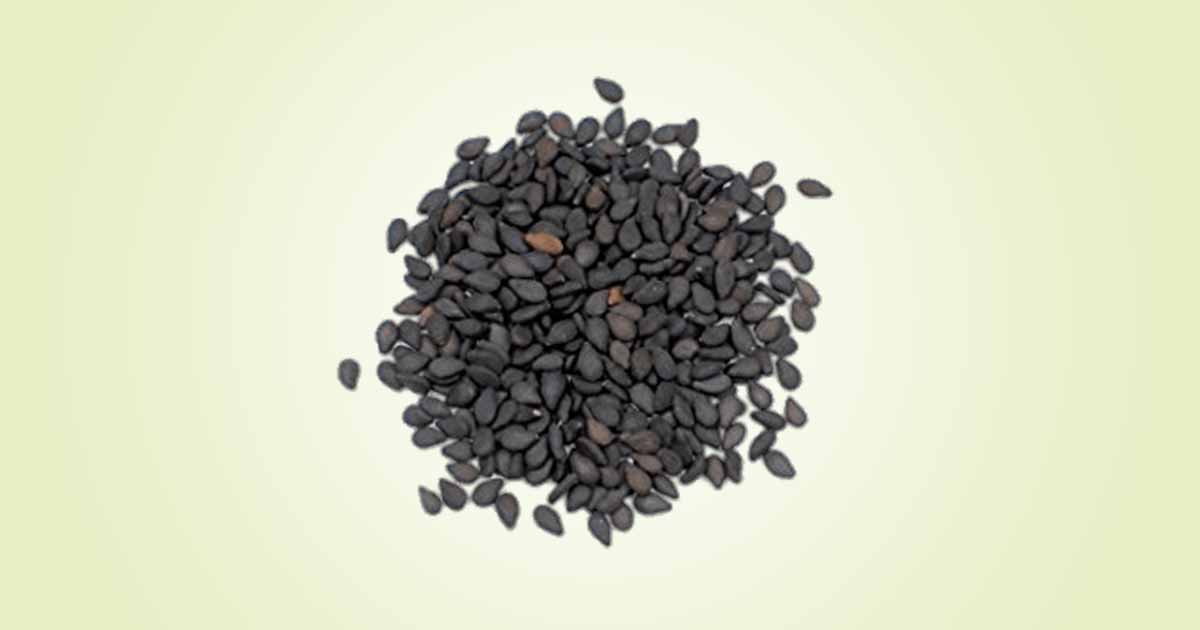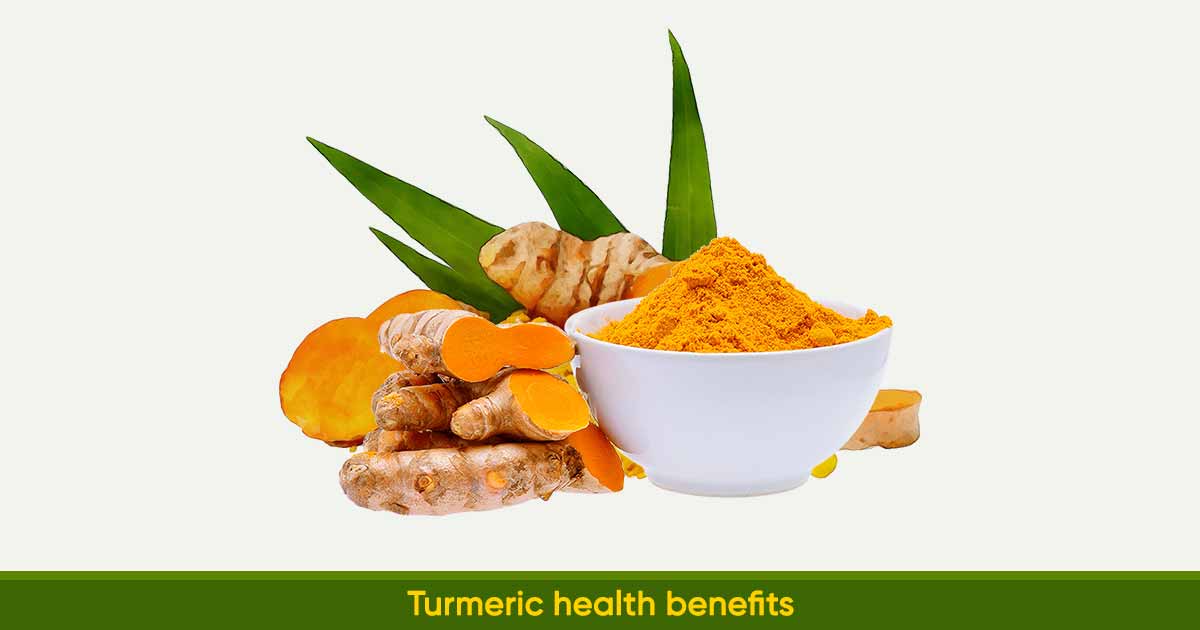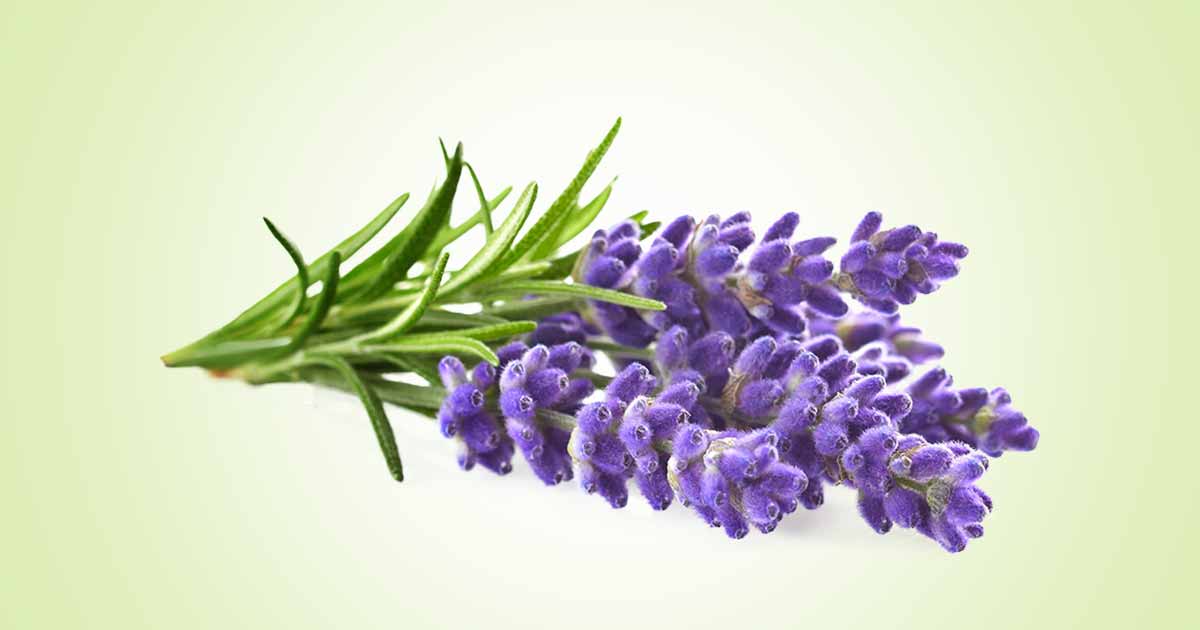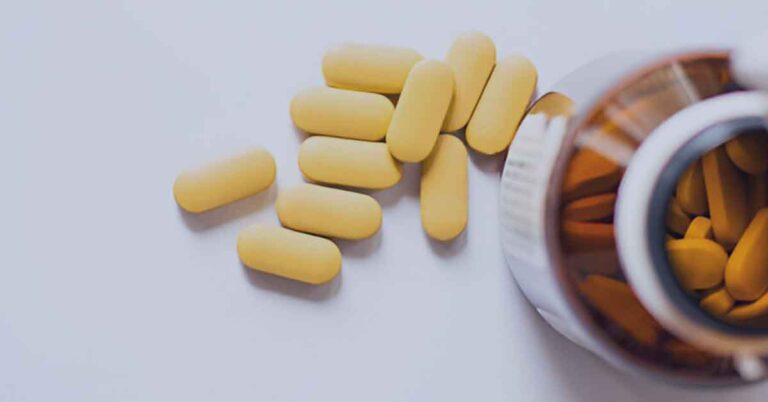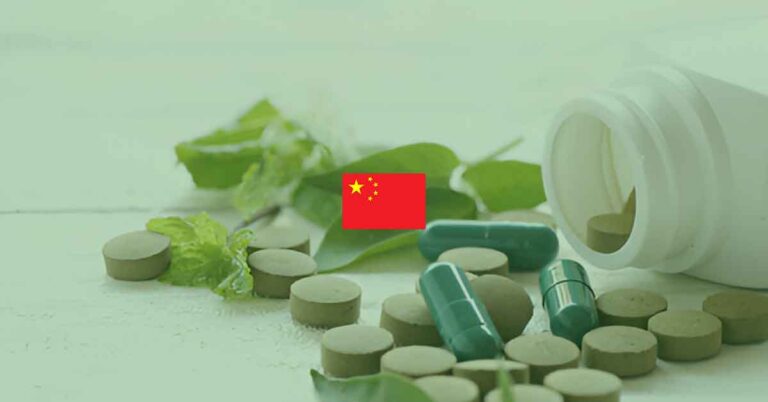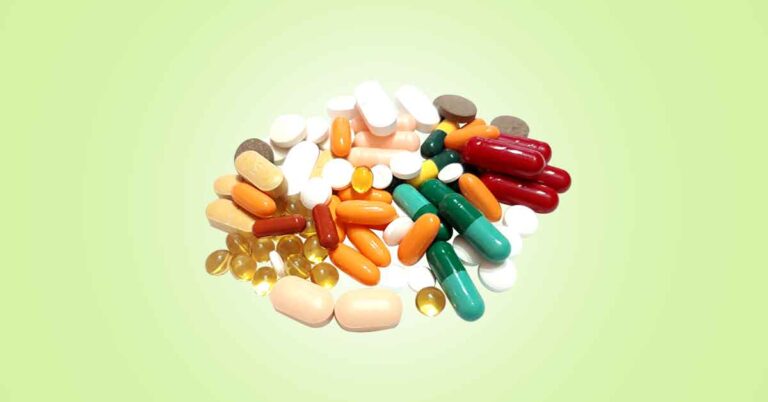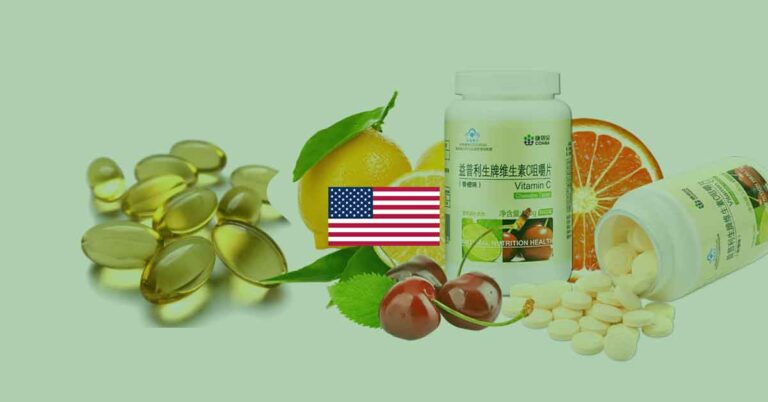Alfalfa (Medicago sativa) also called “father of all foods”, is a herbaceous, perennial legume from the pea family (Leguminosae). It is a dicot and a flowering plant. Alfalfa is from the Middle East, most likely Iran. US (especially states like California, South Dakota, and Wisconsin) are the world’s largest producers worldwide, followed by Argentina, Australia, South Africa, and the Middle East.
Other names of alfalfa include lucerne, purple medic, Chilean clover, buffalo herb, buffalo grass, trefoil, and as zi mu in Chinese.
While some plants such as sugarcane, rhubarb, asparagus produce food for humans, most herbaceous perennial crops such as alfalfa and clover are ‘forage’ crops, producing called ‘hay’ for horses and cattle. Humans also eat only the alfalfa ‘sprouts’, the young germinated seeds.
Alfalfa produces a typical stem with alternate, trifoliate leaves and branches that originate in the axils of these leaves. It is an erect cool season perennial that grows up to 36 inch (0.91 m) feet and possesses strong tap root. It grows well in deep, well drained, moist soils.
The flowers of Medicago sativa are purple but can be white, yellow, and purple, while the leaves are trifoliate, with long narrow leaflets serrated at the tips. The seeds are kidney-shaped, yellow to greenish-yellow, browning with maturity.
There are varieties of alfalfa (Medicago sativa) such as ‘Vernal’, Sand Lucerne
Though alfalfa has primary use as forage for castle after being harvested as hay, alfalfa sprouts serve as salad ingredient in the United States, Australia and New Zealand. The tender shoots can serve as vegetable. The seeds are also eaten, and can be ground to flour. The dehydrated leaf is formulated as dietary supplements in forms such as tablets, powder, and tea. Older plants parts have high fiber content, limiting consumption.
Alfalfa is used in Chinese traditional medicine to treat bladder stone, cleanse the digestive system, the root used to treat jaundice, fever, and improve urine flow. In the US, it is used to manage weight loss, arthritis, diabetes, asthma, cholesterol control, hay fever, digestive issues and as a diuretic (Longe 2005).
Nutritional Composition
A 100 g of raw sprouted alfalfa seeds contain 92.8 g of water, 2.1 g of carbohydrates, 3.99 g of proteins, 0.69 g of fats, 0.2 g of fats, 0.4 g of ash, and 23 kcal of energy.
Minerals: potassium (79 mg), phosphorus (70 mg), calcium (32 mg), magnesium (27 mg), iron, sodium, zinc, copper, manganese, and selenium m
Vitamins: vitamin C, vitamin A, vitamin E, vitamin K, thiamine, riboflavin, niacin, vitamin B-6, folate, pantothenic acid, niacin, and betaine.
Bioactive Compounds
- Alkaloids: asparagines, stachydrine, trigoneline, l-homostachydrine
- Carotene
- Amino acids: medicanine, lysine, arginine, histidine, tyrosine, phenylalanine, methionine, aspartic acid, glutamic acid, asparagine, serine, alanine, threonine
- Flavonoids: quercetin, myricetin, luteolin, apigenin, chrysoeriol, tricin, sativan, medicarpin, vestitol, formononetin.
- Saponins: soyasapogenols, hederagenin, medicagenic acid.
- Polyamines: norspermidine, norspermine
- Organic acids: citrate, malate, malonate, succinate, fumarate, lactate, benzoate
- Phenolic compounds: p-hydroxybenzoic acid, vanillic acid, p-coumaric acid, ferulic acids, salicylic acid, sinapic acids, caffeic acid, hesperetin, naringenin, chlorogenic acid, tannic acid, heterosides
- Protein: ferritin, protein phosphatase 2A holoenzyme, β-amylase
- Phytoestrogens: coumestrol, genistein, formometin, diadzein, biocanine A
- Enzymes: isoflavone reductase, vestitone reductase, iminopeptidase, aminopeptidases
- Coumarins: myrsellinol, scopoletin, esculetin, 4-coumaric acid
- Phytosterols: β-sitosterol, stigmasterol
- coumestans: coumestrol
- Non-protein amino acids: l-canaverin
- Sterols: α-spinasterol, β-sitosterol, stigmasterol, myrsellinol, scopoletin, esculetin, dihydrospinasterol, 24-methylcholest-7-enol, stigmasterol, campesterol
- Volatile components: terpenes, limonene, linalool, trans-ocimene, furanoids, nonadienal, 2-methyl 4-pentenai, benzaldehyde, ethyl benzaldehyde, alcohols, butanol, hexanol, octanol, pentan-3-ol, 3-methylbutanol.
Medicinal Benefits of Alfalfa (Medicago sativa)
Alfalfa is used medicinally to lower lipids and cholesterol, treat calculi, improve liver function, treat nerve impulse, arthritis, dysuria, cardiovascular problems, gastrointestinal cramping and colic, peptic ulcers, hypoestrogenism/hyperestrogenism, polycystic ovaries, secondary hypothyroidism, hemorrhage, excess prolactin, and urinary and bowel problems.
Cholesterol/ Lipid lowering:
Alfalfa stem, roots, and leaves contain saponins that lower plasma cholesterol concentrations, intestinal absorption of cholesterol, atherosclerosis, increase excretion of neutral steroids and bile acids, without changing high-density lipoprotein cholesterol concentrations (Malinow et al., 1982a).
Medicago sativa seeds also reduce serum cholesterol concentrations in individuals with normal lipid profiles. Also, heat-treated M. sativa seeds reduce total serum cholesterol concentrations, low-density lipoprotein (LDL) cholesterol and apolipoprotein B in hyperlipoproteinemic patients (Molgaard et al., 1987).
Khaleel et al. (2005) reported that the saponis from the fruiting stage is free from both coumestrol and canavanine, and possess significant hypocholesterolemic and antiatherosclerotic activity.
Saponins (hederagenins and saponin compounds I, II and III) are used to make hypolipidemic and antiatherosclerotic agents (Yu et al., 2007).
Antimicrobial activity:
Saponins and sapogenin isolated from M. sativa has strong antimicrobial activity against Gram-positive bacteria such as Bacillus cereus, B. subtilis, Staphylococcus aureus, and Enterococcus faecali, and fungi like Saccharomyces cerevisiae. Medicagenic acid is another antimicrobial constituent (Avato et al., 2006).
Triterpenoid glycosides from the roots and leaves extract inhibit Corynebacterium michiganense, Corynebacterium insidiosum, and Agrobacterium tumefaciens.
Refined Medicago sativa polysaccharides constituents may inhibit the activities of reverse transcriptase of HIV and protease of HIV (Zhang et al., 2006).
Nematicidal activity:
Medicago sativa contain medicagenic acid, a compound with a significant nematicidal activity against the plant-parasitic nematode Xiphinema index (Argentieri et al., 2008).
Antioxidant effect:
Medicago sativa extract exhibited significant antioxidant and cerebroprotective effects against ischemia and reperfusion insult in mice (Kundan & Anupam, 2010). The extract reduced cerebral infarct size, increased antioxidant enzymes like glutathione peroxidase, catalase, and superoxide dismutase (SOD), and scavenged free radicals. It led to improvement in the impaired short-term memory and motor coordination.
Immunomodulatory activity:
Polysaccharides isolated from alfalfa potentiate immunological activity by increasing mouse lymphocyte uptake of [3H] thymidine (Zhao et al., 1993).
Anti-diabetic effect:
Alfalfa extract shows hypoglycemic effect in streptozotocin-induced diabetes (Swanston et al., 1990). The extract stimulated 2-deoxy-glucose transport, glucose oxidation, and incorporation of glucose into glycogen in mouse abdominal muscle.
The plant extract also stimulate insulin secretion from the BRIN-BD11 pancreatic beta cell line. Manganese, a micro element found in alfalfa, lowered blood sugar concentration (Rubenstein et al., 1962).
Estrogenic activity:
Medicago sativa extract exhibit significant estrogenic activity, using an estrogen-dependent MCF-7 breast cancer cell proliferation. It binds to estrogen receptor β (ER). Phytoestrogens from the extract are responsible for estrogenic activity (Boue et al., 2003).
Anticancer effect:
Alfalfa aerial part and seed extract contains compounds with possible antimitotic activities (Dutu et al., 2002). An isolated compound from the plant, l-Canaverine have reported antitumor activity against some leukemia cells types in mice and selective toxicity in dog cancer cells grown in vitro (Hendler, 1995)
Phytoestrogens (coumestrol, apigenin and quercetin) exhibit strong estrogenic activity and could be useful in treatment of hormone-related cancers (Huyghe et al., 2007).
Treat menopausal symptoms:
Medicago sativa leaves extract is used to treat neurovegetative menopausal symptoms in women. It eliminates hot flushes and night sweating, and increased the prolactin and thyroid stimulating hormone response to thyroid releasing hormone.
It may have a central slight antidopaminergic action without side effects (Minerva, 1998).
Side Effects
Longe (2005) reported that even though alfalfa is mostly harmless, people with autoimmune disease systemic lupus erythematosus (SLE) may suffer reactivation of quiescent SLE. Canavanine, a non-protein amino acid constituent, with effects on human immunoregulatory cells in vitro has been implicated for this (Jorge et al., 1985).
Alfalfa seeds contain good quantities of canavanine. Canavanine is toxic to animal species since it is a structural analogue of arginine and may interfere with the binding of this amino acid to enzymes and its incorporation into proteins. Alfalfa seeds may also cause pancytopenia, while possible mutagenicity was found when the seeds were tested with Salmonella strains TA98 and TA100 (White et al., 1983).
Formulations and Dosage
- Alfalfa seeds: 40 g of heated seeds taken three times daily for managing high cholesterol
- Tablets: Cholestaid™ (esterin processed alfalfa), two tablets (1 g each) 3 times daily for up to two months, then one tablet 3 times daily (Farnsworth, 1995).
- Dried aerial parts, infusion, and fluid extracts: 5–10 g, 3 times per day (BHMA, 1983).
Drug Interactions
Alfalfa seeds may interact with:
- Hormone replacement therapy,
- Birth control medication,
- Blood thinners.
Contraindications
Alfalfa seeds, and supplements, should be avoided by:
- People with history of lupus or a family history of systemic lupus erythematosus (Barnes et al. 2007; Boon & Smith, 2004; Brinker, 2001).
- Pregnant women and breastfeeding mothers.
References
- https://milnepublishing.geneseo.edu/botany/chapter/alfalfa/#:~:text=Alfalfa%20is%20in%20the%20pea,and%20many%20ecologically%20important%20species
- https://www.tandfonline.com/doi/full/10.3109/13880209.2010.504732
- https://www.uwyo.edu/plantsciences/uwplant/forages/legume/alfalfa.html
- https://www.newworldencyclopedia.org/entry/Alfalfa
- https://fdc.nal.usda.gov/fdc-app.html#/food-details/168384/nutrients

